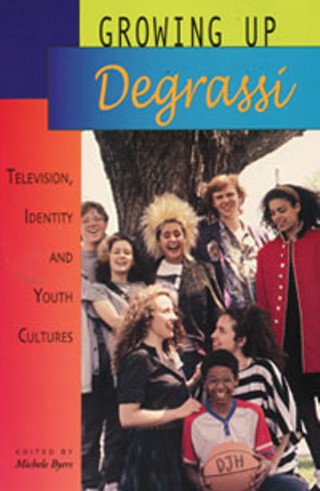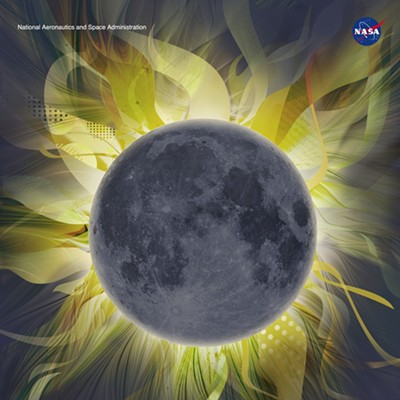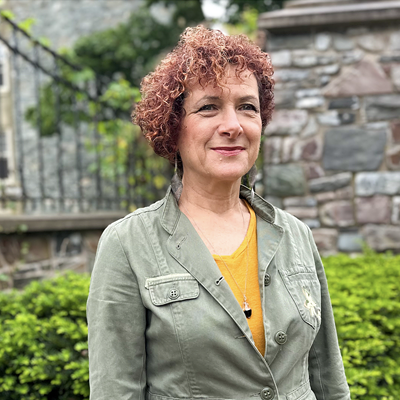Sketch comedy, lawyer dramas and trailer parks have all had their day on Canadian television. But for 25 years, there has been Degrassi.
“I loved Lucy,” says Michele Byers, editor of the just released anthology Growing Up Degrassi: Television, Identity and Youth Cultures. “Lucy was kind of an ideal for a lot of little girls. She was pretty, but she was brilliant and fiercely opinionated, but made horrible mistakes!”
Growing up in Montreal, Byers, an associate professor in the sociology department at Saint Mary’s, found her adolescence twinned by a scrappy CBC-TV show with washed- out production values, real-looking kids with varying degrees of acting abilities and problems. Lots of problems. It began as The Kids of Degrassi Street in 1979, morphed into Degrassi Junior High in 1987 and ended as Degrassi High in 1989 (though there was an educational series, Degrassi Talks, and an excellent TV movie, School’s Out, later). Remarkably, it re-emerged an international hit as Degrassi: The Next Generation in 2001. With so much history, Byers — who as a grad student explored television, not just as a medium but specific shows, as cultural and contemporary studies — was shocked to discover a dearth of recorded discussion.
“There was only one article I ever found,” she says. “Degrassi was very Canadian, but the fact no one was writing about it, including myself — I was writing about Buffy and Party of Five — here we had this interesting and quite unique cultural product and no one was writing about it.”
Growing Up Degrassi features a cross-section of essays from the academic, journalistic and fandom sectors. It includes Byers’ own pieces, about national identity (“Revisiting Teenage Truths”) and feminism (“Have Times Changed?”); a fascinating piece, in the face of the CBC lockout, by Ravindra Mohabeer, called “Changing Faces: What Happened When Degrassi Switched to CTV”); Ryan Robert Mitchell’s “Swamp Sex Robots,” about his teen identification with hapless nerd Arthur, and Brian Jones’s hilarious recounting of an American’s repeated pilgrimages to the GTA to seek out Degrassi landmarks (“True to My School”).
Though TNG takes a bit of a slagging throughout the volume for being too slick — this isn’t the crappy-looking show you grew up on, consarnit! — Byers considers Degrassi, in all forms, a useful cultural and educational tool. She points to last year, when American channel The N refused to air a two-parter about abortion.
“If you all you talk about is sex, but you never talk about pregnancy or abortion or condom use, you give a really skewed view of the realities they themselves know they have to face,” she says. “The kids who are watching, they get that. They understand that they’re missing out when those stories aren’t told. What’s cool about internet technologies, the kids can subvert the system - they can download the episodes from their friends in Canada. It means that they’re engaged and actually thinking. It takes away some of the myth of the passive viewer.”
Michele Byers reads from Growing Up Degrassi, 6:30pm, October 19, Outside the Lines, 6297 Quinpool, 422-3544.












